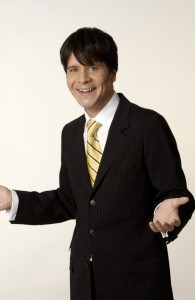In my experience as a leader, a board member and an advisor to leaders, I’ve learned that all great leaders are “servant leaders,” a term first used by Robert Greenleaf in his influential essay “The Servant as Leader.” Recently, I hosted several webcasts on the leadership and employee engagement channel at Brighttalk.com that have a link to the servant leadership theme.
Howard Behar, the inspiring and wise former president of Starbucks International, spoke with me about his experiences as a leader and his outstanding book entitled It’s Not About the Coffee. I loved this book.





